Your Water Heater Tank and Its Anode Rod
Water heater tanks are a bit of a mystery to many homeowners. And even basic maintenance can be difficult if you aren’t experienced in water heater care. But did you know that one component of your water heater is designed for frequent replacement? It’s called the anode rod, and it’s a critical part of your water heater.
Some homeowners replace the anode rod on their own, while others have a plumbing contractor perform the switch. But either way, you need to know more about the anode rod to understand why it’s so critical and why it needs replacing so often. Learn about some basics every homeowner should know about the water heater tank and its anode rod.
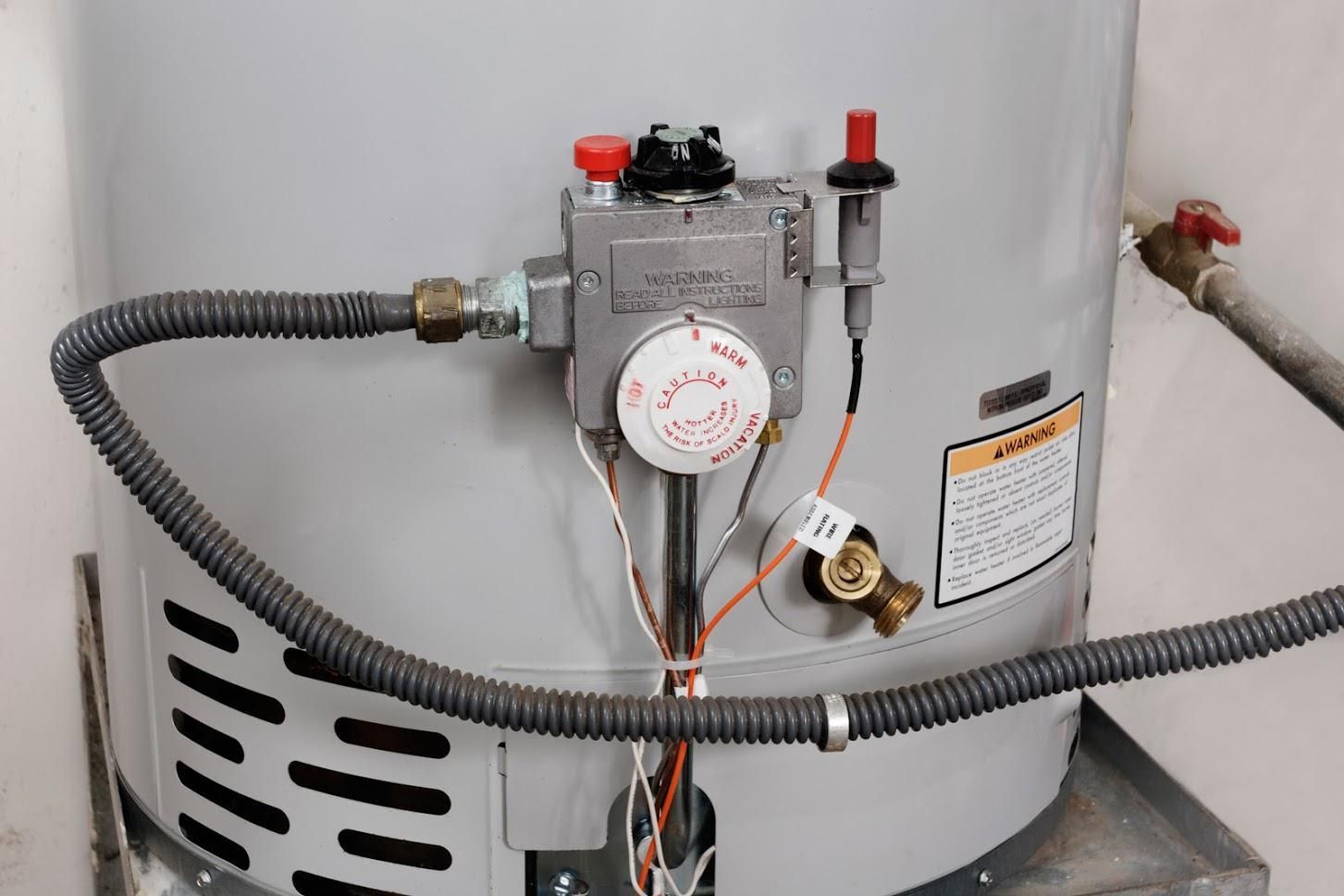
Anode Rods Are One of Two Protective Measures
First, you need to know the purpose of the anode rod. It protects the inside of the tank from rust. When you think about it, the idea of filling a metal tank with water for years and expecting it to not rust through does seem unreasonable. This is why water heater tanks typically have multiple protection strategies.
The anode rod is one such protection strategy. Another is the tank’s liner. The liner is typically ceramic or glass and is designed to keep the water from encountering the metal of the tank. However, the liner can crack easily in some situations (for example, if the water heater has too much sediment) and can’t be replaced. That’s why you also need an anode rod.
Anode Rods Are Designed to Corrode
So how do anode rods protect the tank? They do it by attracting corrosion away from the tank’s walls. In short, the anode rod has metals that are much easier to corrode than even the walls of the tank are. This means that the water’s corrosive power focuses on corroding the anode rod.
Anode Rods Come in Different Varieties
The main requirement for a sacrificial anode rod is that it be made of easy-to-corrode materials. However, several different metals can meet these requirements, so you can find several different types of anode rods. Some of the different types of material used include:
New Paragraph
These materials corrode easily so that your water heater’s tank doesn’t have to.
Anode Rods Need Regular Replacement
As you can imagine, the anode rod won’t last for the lifetime of your water heater. The rod will typically become used up after a while and require replacement. Your plumbing contractor can check the rod at each annual maintenance visit.
Experienced plumbers know how to read the signs that an anode rod is about to fail. If the rod doesn’t look like it’ll last another year, the plumber will bring in a new rod.
Anode Rod Checking Can Sometimes Be DIY
In some cases, you may be able to check your anode rod on your own. This is appropriate if you’re experienced in plumbing maintenance and if your water heater anode rod has been replaced recently.
However, professional maintenance can be the safest way to go. Hiring a professional plumber is especially important if your water heater has been neglected, you don’t have plumbing experience yourself, or your water heater has acted up.
Anode Rods Are Crucial to Avoiding Tank Failure
Neglecting the anode rod is one of the worst things you can do for your water heater. If the rod doesn’t get replaced by the time it’s reached the end of its lifespan, the water in your tank will immediately try to corrode the tank walls. If you don’t keep up with maintenance, you may not realize this has happened until the tank rusts through and leaks on the floor.
Typically, your plumber will tell you that once a tank rusts through, you need a new water heater. So anode rod neglect can become a very expensive mistake.
These basics will help you navigate the world of anode rod selection and maintenance so that you can replace the rod before your tank starts to feel the effects. For more information on water heater maintenance and repairs, get in touch with Quality Plumbing today.
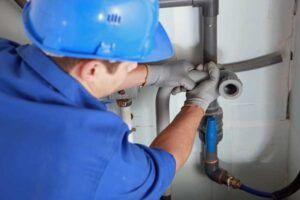
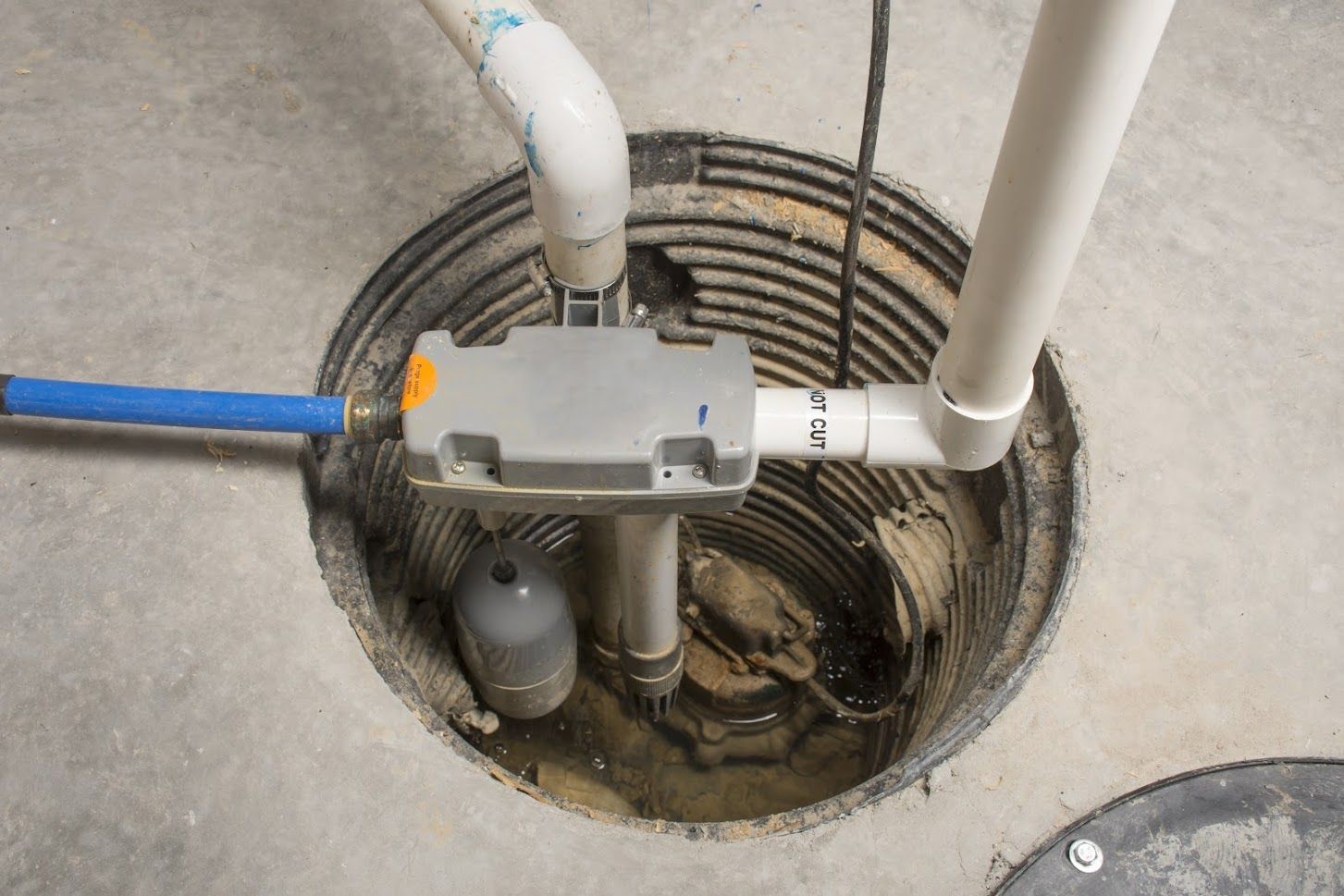

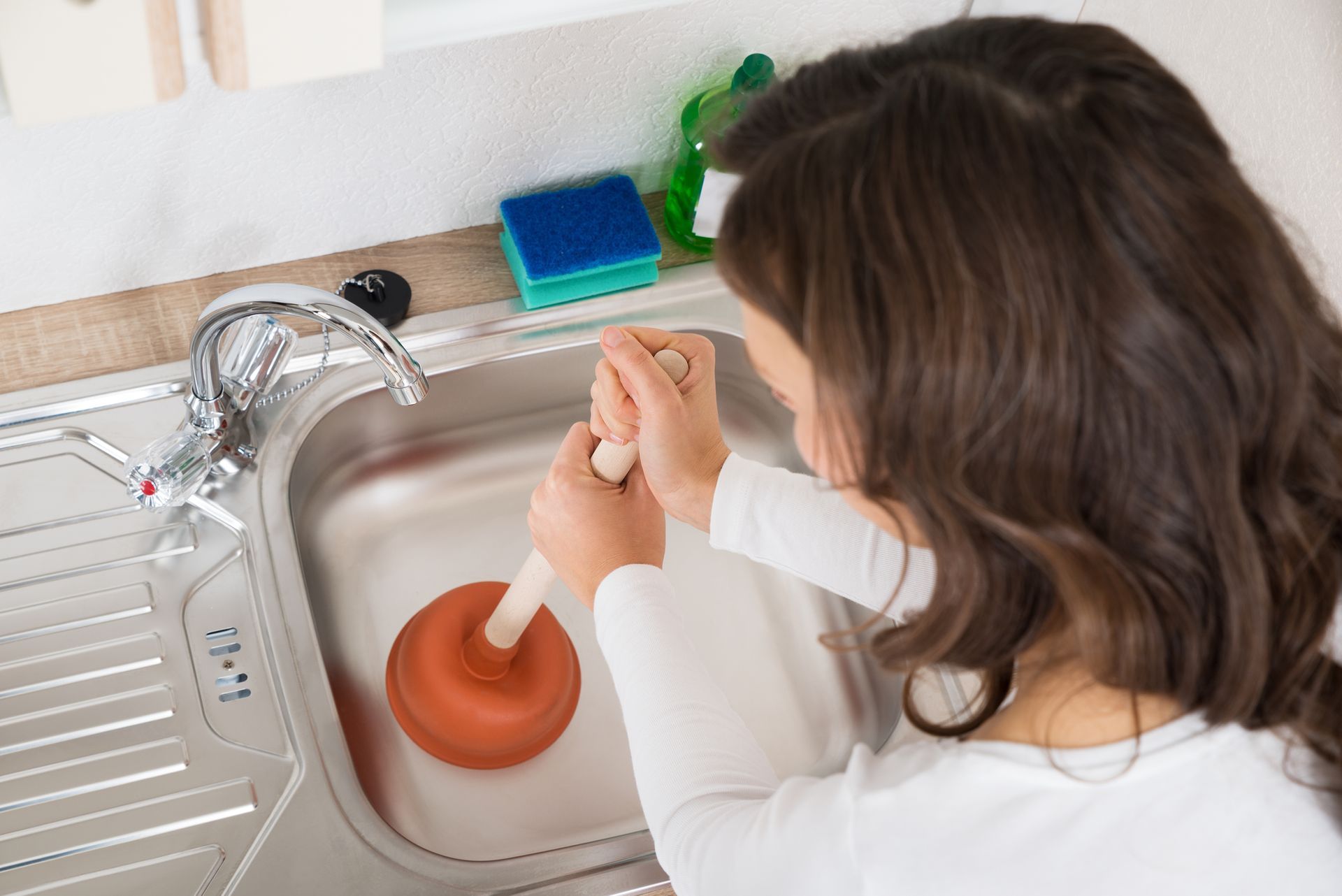

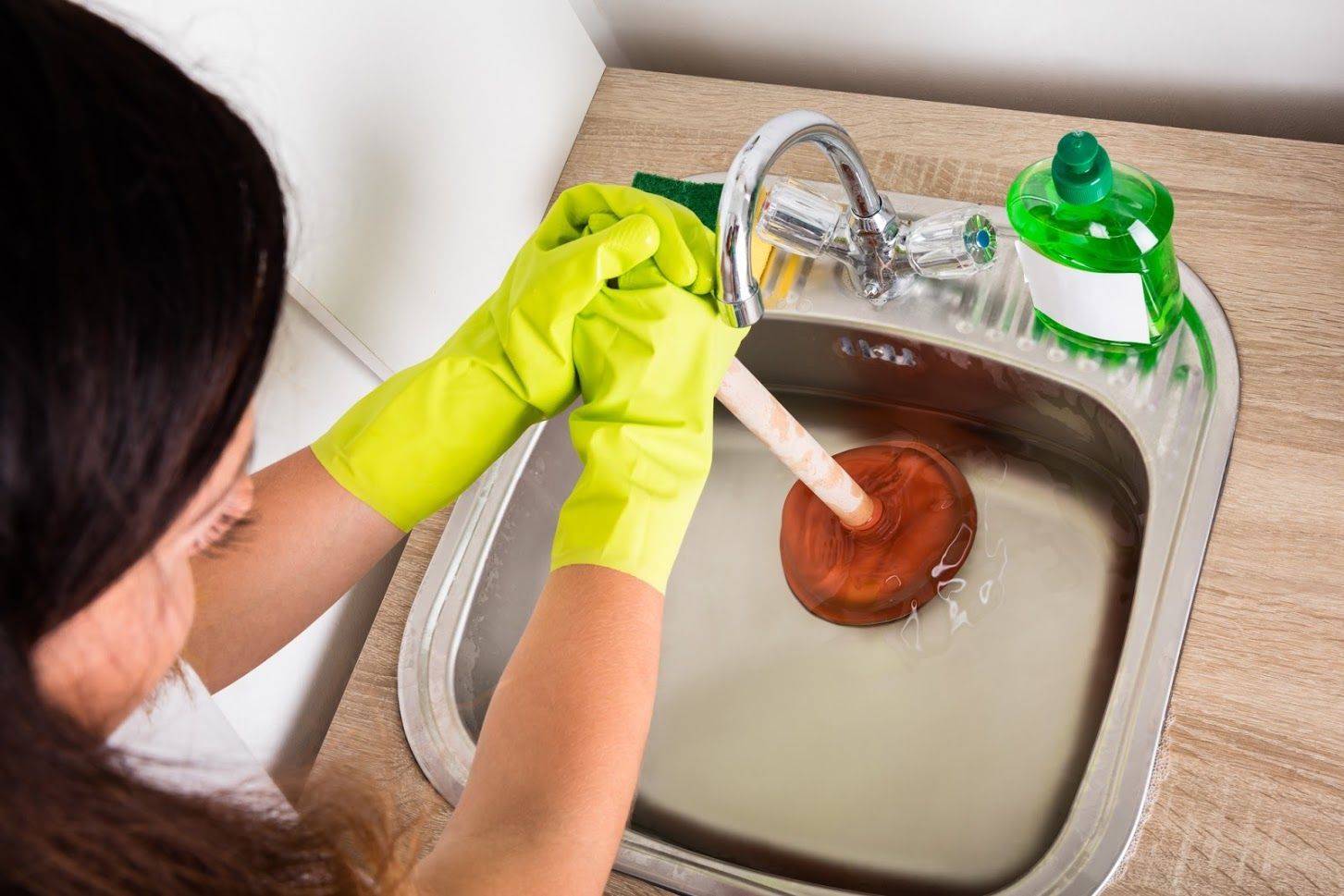


★★★★★
The total process from booking a service call, by phone, to the installation of a steel reinforced waterline hose on our refrigerator, was a pleasurable experience. A retired plumber recommended QP. Jeff had to pull out the refrigerator, remove the plastic waterline, install the new waterline, check to make sure the water dispenser was working and put the refrigerator back. Jeff was careful and mindfull of our wooden floor as the refrigerator was in a built-in cabinet. Since we live in a condo we want to eliminate all possibilities for a water leak. Jeff not only did his skillful job, he also educated us on the different water supply lines. I would recommend QP.
- Janeine G.
Button
★★★★★
Quality Plumbing did a rough-in plumbing install for a bathroom and kitchen sink in my basement. Very communicative, helped plan the space, and did a great job on the install. Will be using them again!
- Ian H.
Button
★★★★★
Called them when my water heater broke, they were over same day with a new one. Logan is great, he's fixed a couple things over the last year and is always professional and informative.
- Nick B.
Button
★★★★★
Quality plumbing is amazing 👏 when my brothers home had a problem with water pressure, they were able to schedule quickly, identify the problem and provide cost effective solutions quickly. When they did the work, they were on time on budget and cleaned up everything afterwards. Thank you for your great service Quality Plumbing! …
- Rich R.

★★★★★
Quality Plumbing is my go-to plumbing company for all my projects. I had one big project and after meeting Jeff, I’ve specifically requested him to come out for my other 2 projects. He’s incredibly punctual, efficient, and keeps the area nice and clean. Great to communicate with and provides clear answers to all my questions. Jeff is very professional and knowledgeable in his craft. Every time I call, Delaney will always pick up my phone calls and get me scheduled right away. Never had great success with plumbing companies until I started working with Quality Plumbing. They have unbeatable prices and will provide you with an honest solution to your problems. Highly recommend choosing Quality Plumbing!
- Alex D.
Button

★★★★★
The total process from booking a service call, by phone, to the installation of a steel reinforced waterline hose on our refrigerator, was a pleasurable experience. A retired plumber recommended QP. Jeff had to pull out the refrigerator, remove the plastic waterline, install the new waterline, check to make sure the water dispenser was working and put the refrigerator back. Jeff was careful and mindfull of our wooden floor as the refrigerator was in a built-in cabinet. Since we live in a condo we want to eliminate all possibilities for a water leak. Jeff not only did his skillful job, he also educated us on the different water supply lines. I would recommend QP.
- Janeine G.
Button
★★★★★
Quality Plumbing did a rough-in plumbing install for a bathroom and kitchen sink in my basement. Very communicative, helped plan the space, and did a great job on the install. Will be using them again!
- Ian H.
Button
★★★★★
Called them when my water heater broke, they were over same day with a new one. Logan is great, he's fixed a couple things over the last year and is always professional and informative.
- Nick B.
Button
★★★★★
Quality plumbing is amazing 👏 when my brothers home had a problem with water pressure, they were able to schedule quickly, identify the problem and provide cost effective solutions quickly. When they did the work, they were on time on budget and cleaned up everything afterwards. Thank you for your great service Quality Plumbing! …
- Rich R.

★★★★★
Quality Plumbing is my go-to plumbing company for all my projects. I had one big project and after meeting Jeff, I’ve specifically requested him to come out for my other 2 projects. He’s incredibly punctual, efficient, and keeps the area nice and clean. Great to communicate with and provides clear answers to all my questions. Jeff is very professional and knowledgeable in his craft. Every time I call, Delaney will always pick up my phone calls and get me scheduled right away. Never had great success with plumbing companies until I started working with Quality Plumbing. They have unbeatable prices and will provide you with an honest solution to your problems. Highly recommend choosing Quality Plumbing!
- Alex D.
Button








